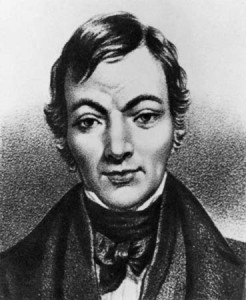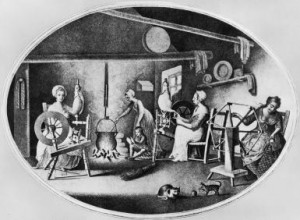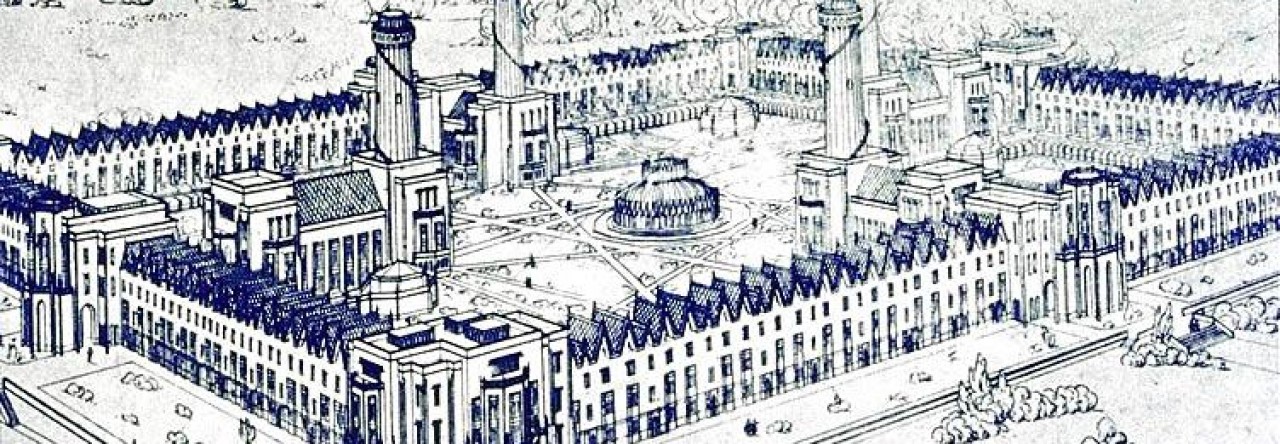Married women in New Harmony, Indiana, were promised equality in all aspects, but regardless of the promises Owen made, evidence suggests that married women were not treated equally.
“They return not until ignorance, falsehood, superstition, sin, and misery shall be banished from the abodes of the human race and Peace and charity, reason, truth and justice, love and happiness shall reign triumphant, and forever, over the whole family of man, wherever man shall exist; and slavery, and servitude, and oppression, or evil of any kind, among the sons of men, shall be known no more!” -Robert Owen.
- Owen, known by his followers as a forward-thinking man, had preached the significance that equality and human happiness would have in the new community.
- The women who joined New Harmony were made to believe it would be a refuge from the nineteenth century era of female inequality.

(Robert Owen).
“Not a hope remains to me. I seem indifferent about going or staying. My health and strength have received a shock in this place which they will probably never recover… In short, we do not know how the future is going to be conducted.” -Sarah Pears.
- Making strides towards the equal treatment of women was just one of the features Owen’s followers believed would exist in his new society, but there seemed to have been a disconnect between the utopian thinking of Owen and the lived reality of the married Owenite women.
- Married women were forced to perform domestic work nonstop, received little education and were even separated from their children so the children could be educated communally.
“New Harmony, an Adventure in Happiness”

A group of women using spinning-wheels to spin linen yarn, 1783. (Photo by Hulton Archive/Getty Images)
Owen Robert. “The Book of the New Moral World” in The Utopia Reader. Edited by Gregory Claeys and Lyman Tower Sargent. New York: New York University Press, 1999. p. 219.
Pears, Thomas and Pears, Sarah. “The Community of Equality” in New Harmony, an Adventure in Happiness; Papers of Thomas and Sarah Pears, 1st ed. Vol. 11. Indianapolis: Indiana Historical Society, 1933. p. 69.
